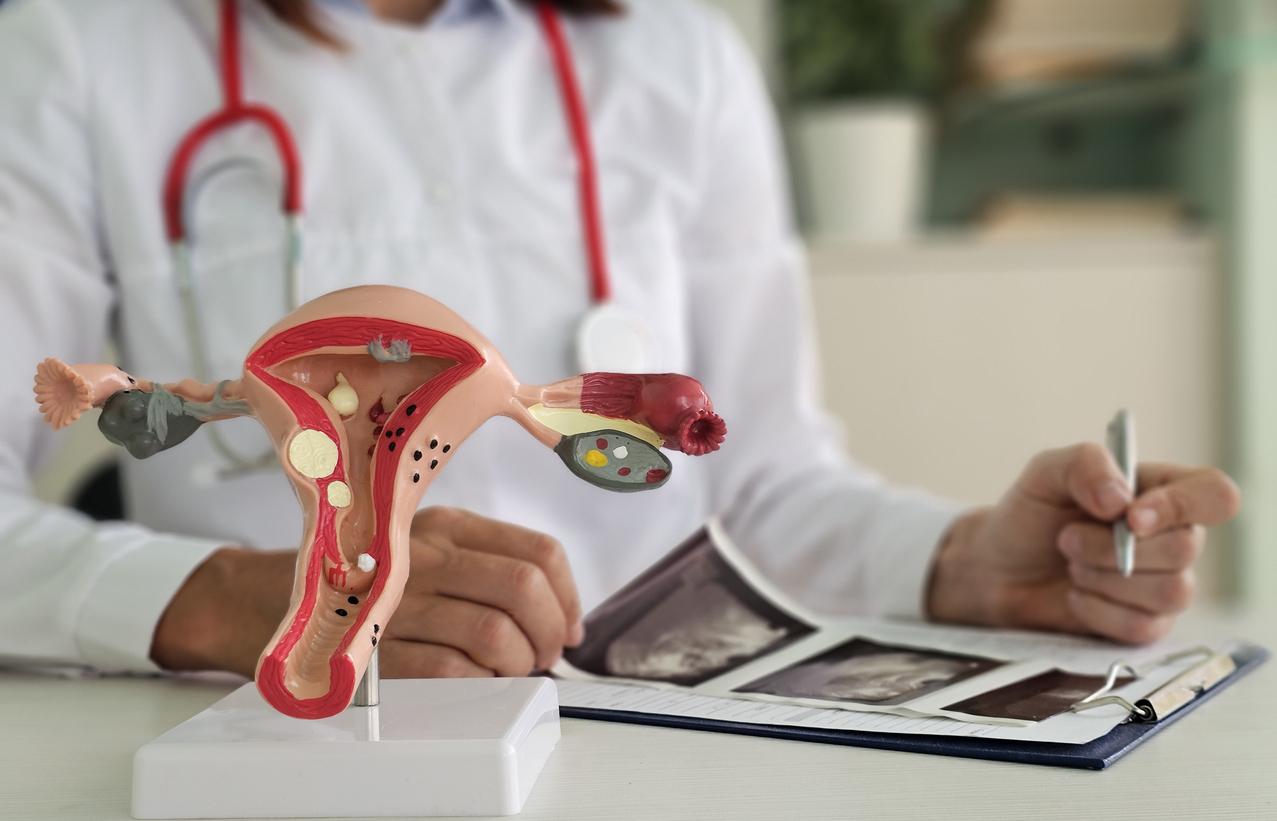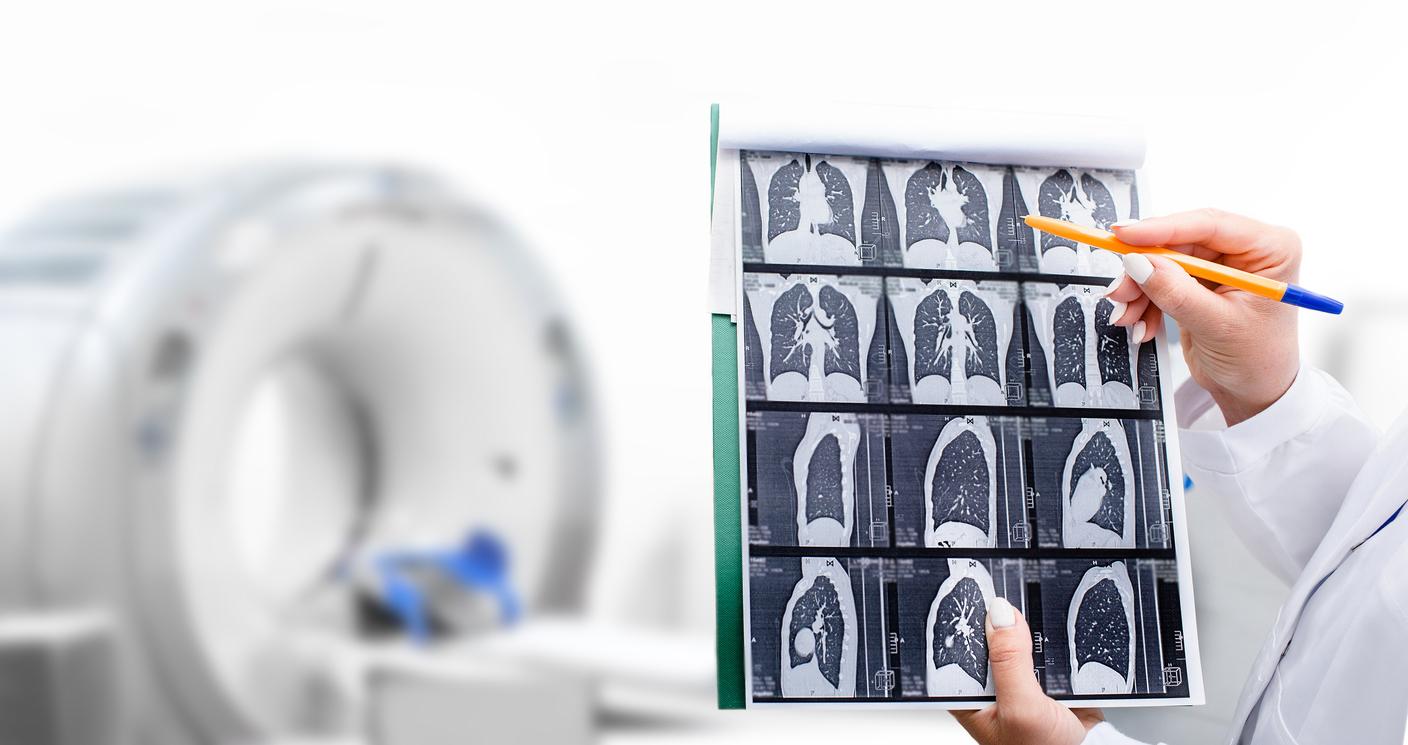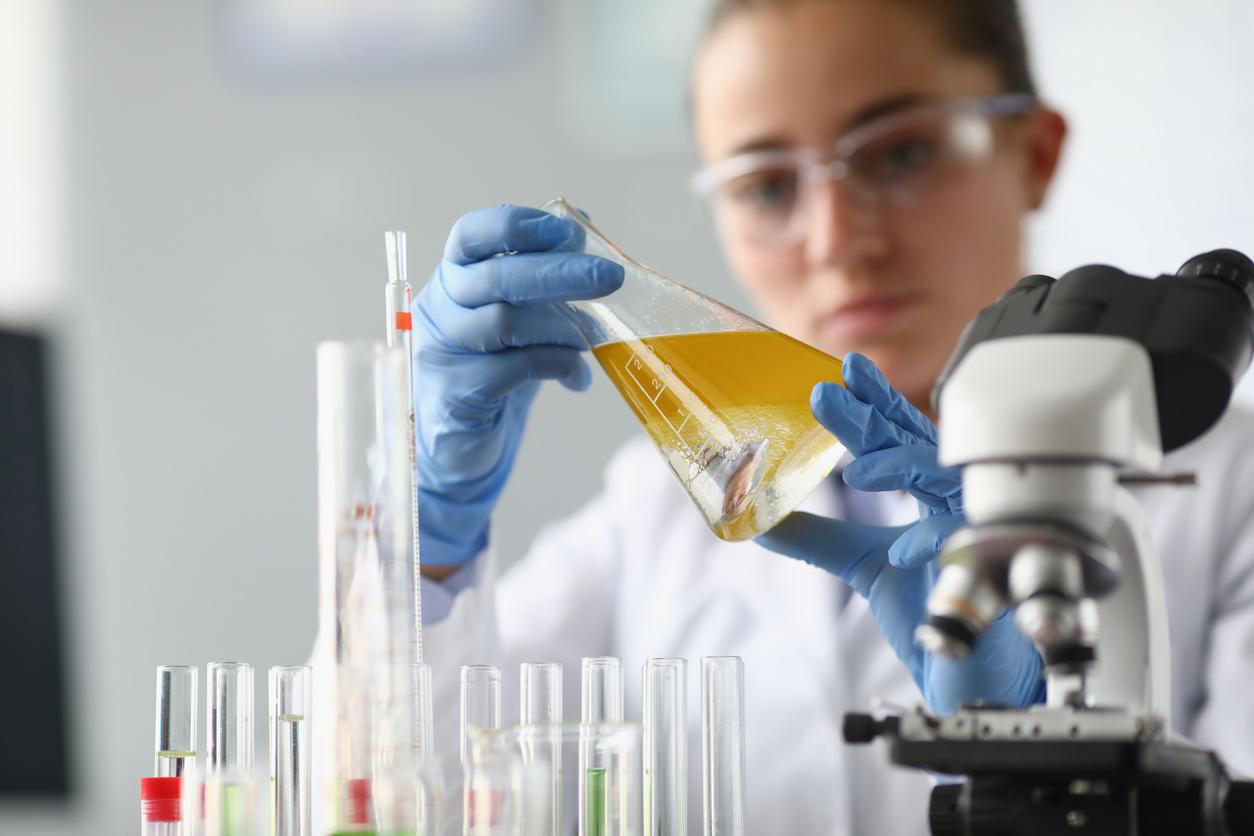Combining family history and genetic data when screening for colon cancer increases its effectiveness. The presence of both factors significantly increases the risk of colorectal cancer.

Colon cancer is cured in 9 out of 10 cases when it is detected at an early stage. Certain factors increase the risk of developing this type of cancer. Age in particular: 95% of cases occur after 50 years. But also family history and genetic predispositions. Researchers at the German Cancer Research Center suggest combining genetic data and family history in screening tests to increase their accuracy. Their results are published on the site Eurekalert!.
There are two genetic factors linked to colorectal cancer: familial colonic polyadenomatosis, which is a mutation in a gene called APC, and Lynch syndrome. The latter is a genetic defect that affects the genes responsible for controlling the repair of errors that occur during cell division, when DNA duplicates.
Six times higher risk
Lead author of this study, Korbinian Weigl, looked at family history as well as 53 genetic risk indicators in 4,500 participants. For patients whose loved one has had colon cancer, the risk of developing the disease is twice as high as for those who have no history.
For those who have the most genetic markers associated with the risk of colon cancer, the risk is three times higher than for those who have the least. Finally, for people who have a family history and numerous genetic risk indicators, the risk is six times higher than for those affected by neither of these two criteria. “These results show that the combination of the two factors can make colorectal cancer screening significantly more accurate,” said Hermann Brenner, expert from the German Cancer Research Center.
In France, colorectal cancer screening is recommended from the age of 50 for men and women. It must be done every two years to be effective.

.















